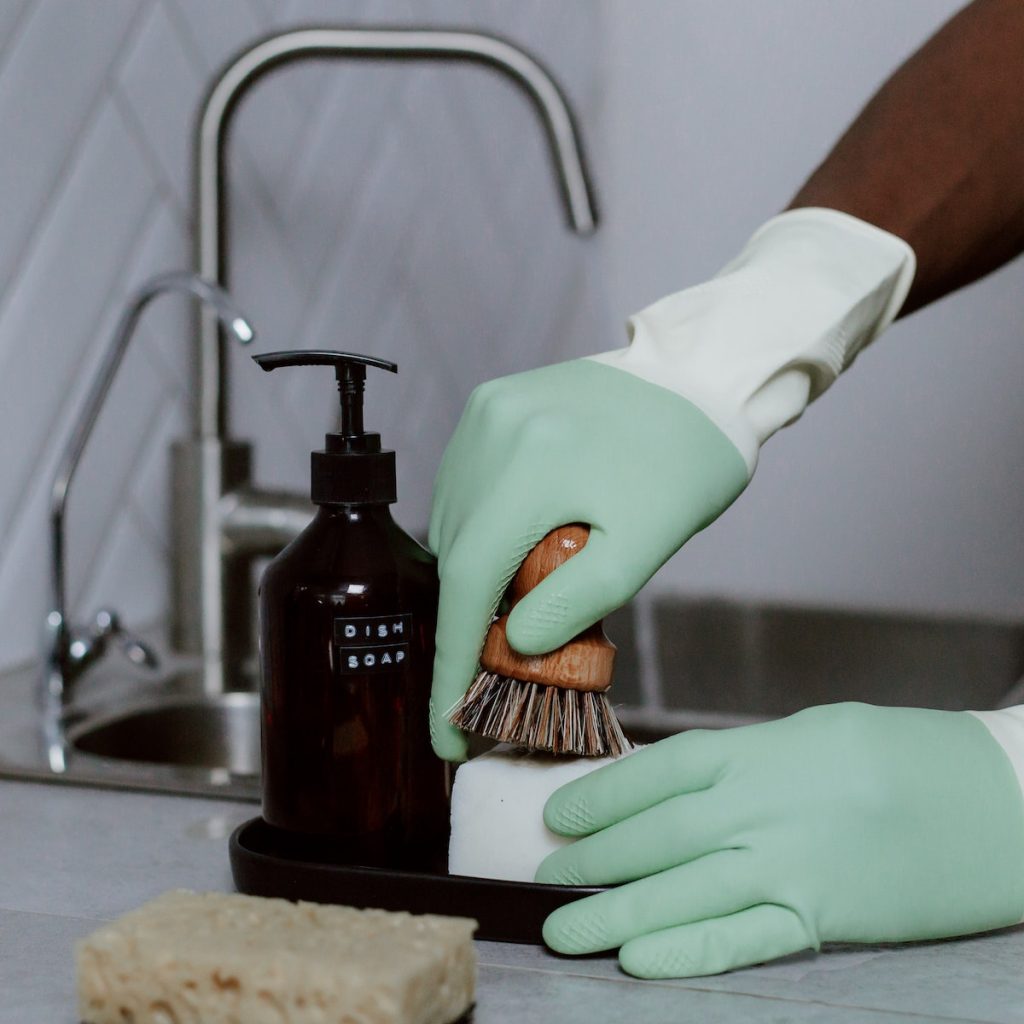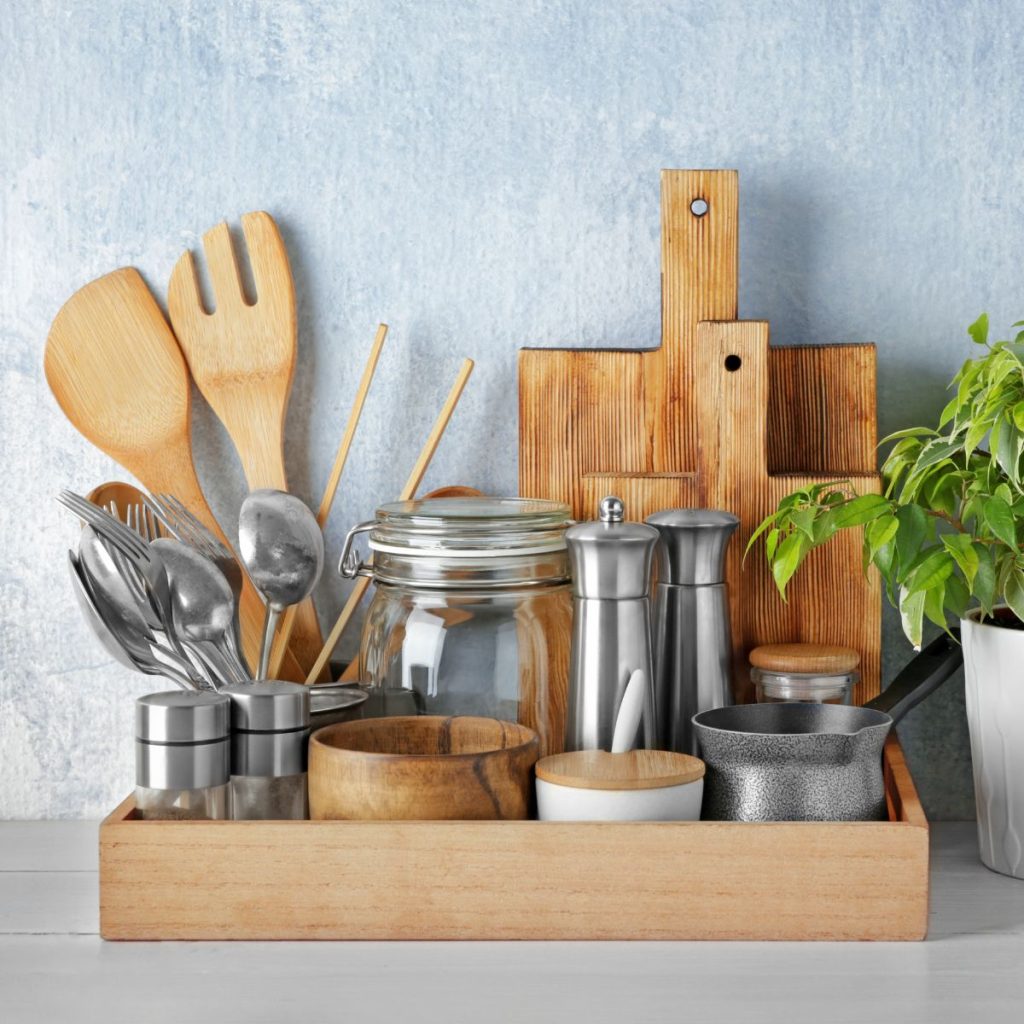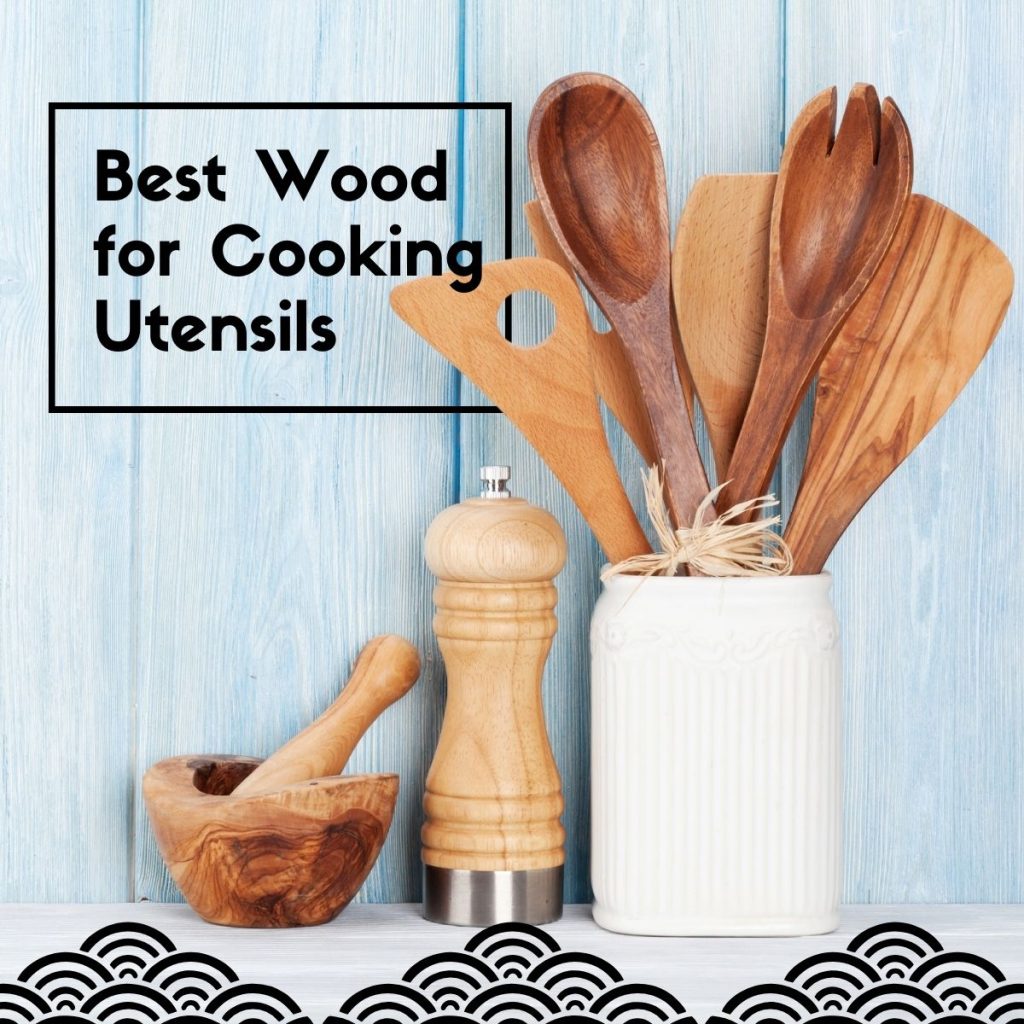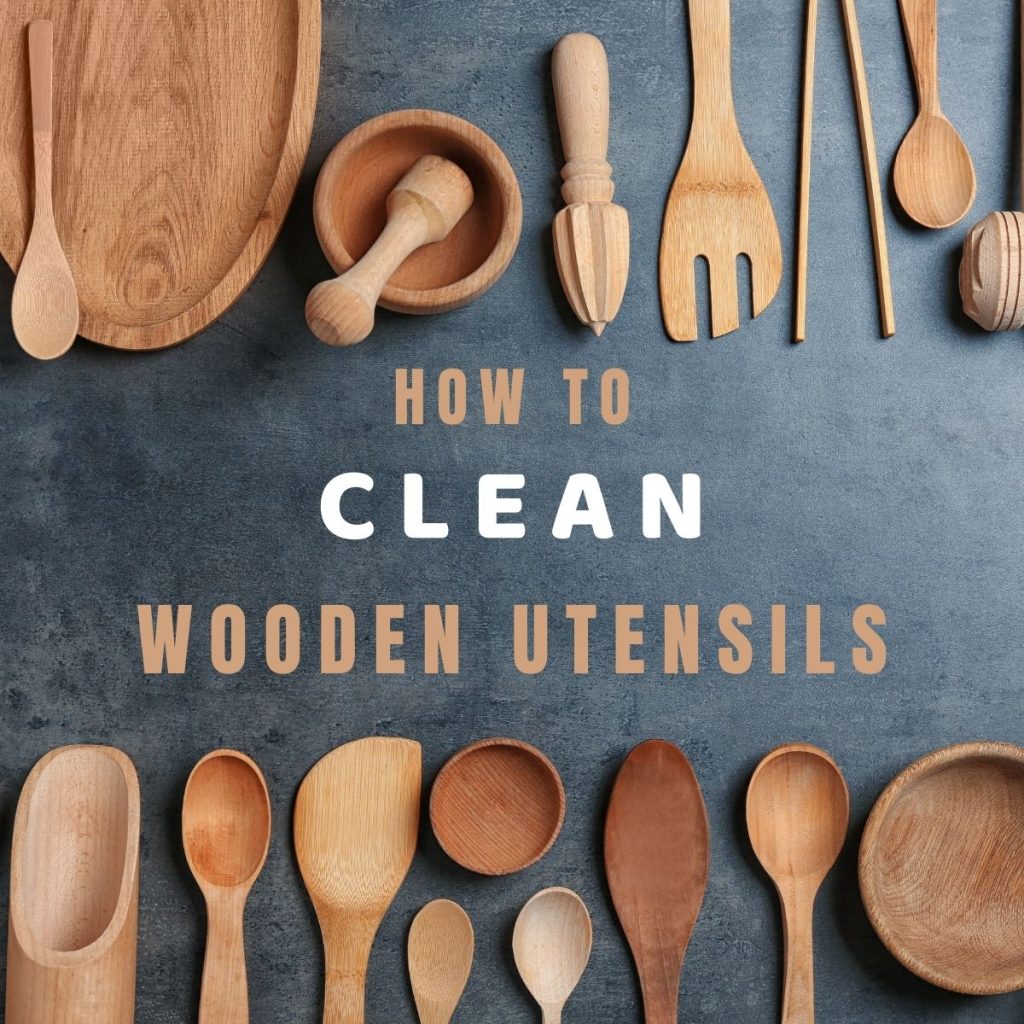Are you thinking about how to clean bamboo utensils and keep them in great condition? Look no further! In this article, we will guide you through the process of cleaning your bamboo utensils step by step.
From gathering the necessary cleaning supplies to hand washing and removing tough stains, we’ve got you covered. By following these simple and effective techniques, you’ll be able to know how to clean bamboo utensils and keep them looking and smelling fresh for years to come.
Let’s get started!
Key Takeaways on How to Clean Bamboo Utensils
- Use mild dish soap and warm water with a soft sponge or cloth for cleaning bamboo utensils.
- Remove leftover food or residue using a soft-bristle brush or cloth, and rinse with warm water.
- To remove tough stains and odors, soak utensils in a vinegar and water solution, scrub with a soft brush or sponge, and use baking soda for stubborn stains.
- Dry bamboo utensils thoroughly to prevent mold or mildew growth, and regularly apply food-safe oil to prevent drying and cracking.
Gather Necessary Cleaning Supplies

To begin cleaning your bamboo utensils, gather the necessary cleaning supplies. You’ll need a mild dish soap, warm water, a soft sponge or cloth, and a drying rack or towel. Avoid using harsh chemicals or abrasive materials, as they can damage the bamboo surface.
Fill a sink or basin with warm water and add a few drops of dish soap. Mix it gently to create a soapy solution.
Preparing the Utensils for Cleaning
Before you begin cleaning your bamboo utensils, make sure to properly prepare them for the cleaning process. Start by removing any leftover food or residue from the utensils. You can use a soft-bristle brush or a cloth to gently scrub the surface. Avoid using harsh abrasives like steel wools as they can damage the bamboo.
Taking these steps to prepare your bamboo utensils will ensure that they’re ready for the cleaning process and will prolong their lifespan.
Hand Washing Bamboo Utensils
After gathering the necessary cleaning materials and preparing the utensils, you can now start handwashing your bamboo utensils.
So, how to clean bamboo utensils? Place them in the soapy water and gently scrub them using a sponge or cloth. Pay close attention to any food residue or stains.
Rinse the utensils thoroughly with warm water to remove all the soap and shake off any excess water.
Avoid soaking the bamboo utensils for an extended period, as it can damage the natural bamboo fibers.
Removing Tough Stains and Odors
To remove tough stains and odors from your bamboo utensils, use vinegar and baking soda.
Vinegar is a natural cleaning agent that helps break down stains and eliminate odors. Start by creating a solution of equal parts vinegar and water. Soak your bamboo utensils in the solution for about 15-20 minutes.
Then, use a soft brush or sponge to scrub away any stubborn stains. For particularly tough stains, sprinkle some baking soda on the affected area and scrub gently. Baking soda is abrasive enough to remove stains without scratching the surface of your bamboo utensils.
Rinse the utensils thoroughly with warm water and dry them with a clean towel. This method should effectively remove tough stains and odors, leaving your bamboo utensils clean and fresh.
Drying and Maintaining Bamboo Utensils

After removing tough stains and odors from your bamboo utensils, it’s important to dry them thoroughly to prevent mold or mildew growth. This will ensure their longevity and cleanliness.
To begin, use a clean cloth or paper towel to wipe down the utensils and remove any excess moisture.
Next, allow the utensils to air dry completely before storing them.
Avoid using a dishwasher or submerging them in water for extended periods, as this can cause warping or splitting.
Additionally, to maintain the quality of your bamboo utensils, it’s recommended to regularly apply a food-safe oil, such as mineral oil, to prevent drying and cracking.
Simply rub a small amount of oil onto the utensils using a clean cloth or paper towel.
And that’s how to clean bamboo utensils and keep them looking flawless for a long period of time. I hope you learned a thing or two from this article.






Konnichiwa! (Hello!) I'm Pat Tokuyama, a Japanese tofu cookbook author, who travels for music, food, and adventure. If you like Japanese tea, checkout some of the newestorganic japanese tea, matcha bowls and noren and more!
** Curious about the Plant Based Japanese Cooking Club? ** Learn more here!